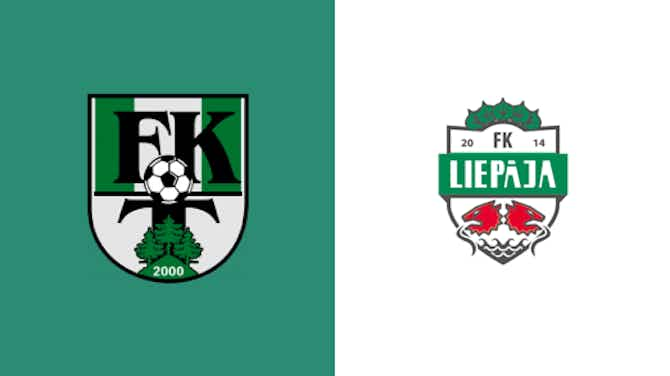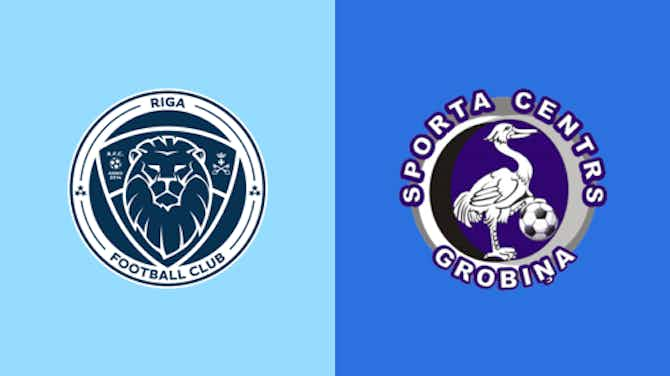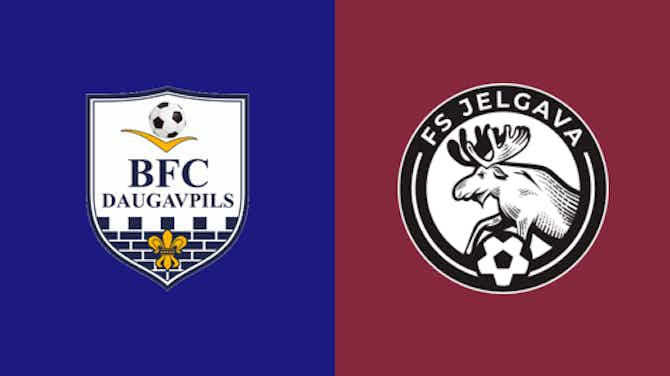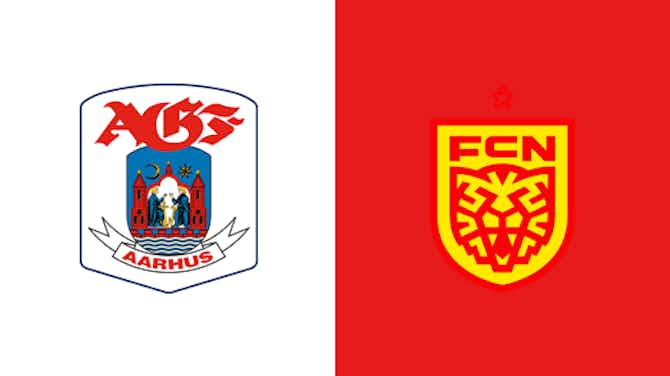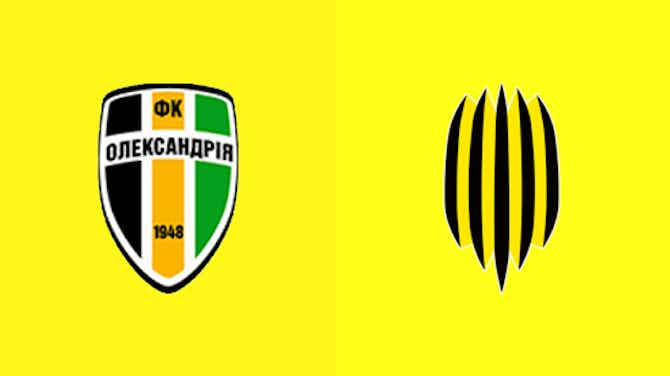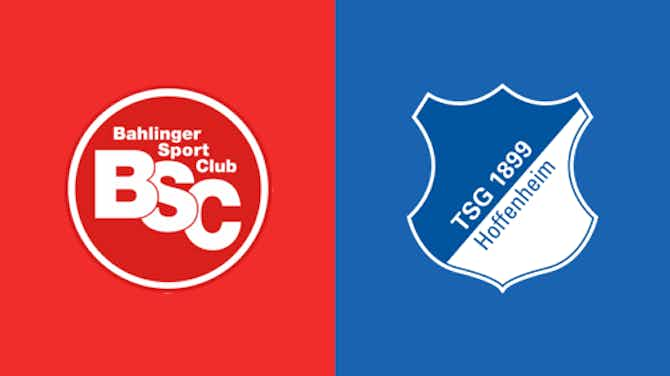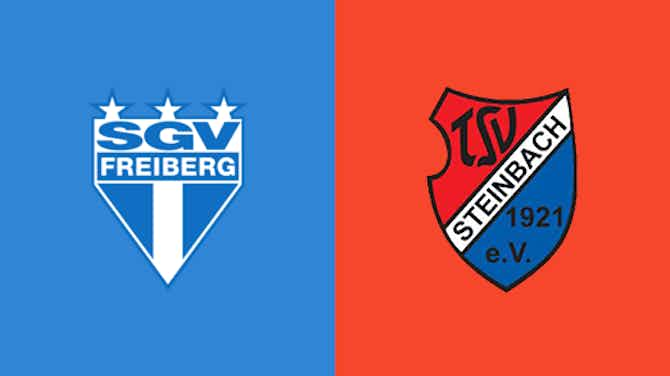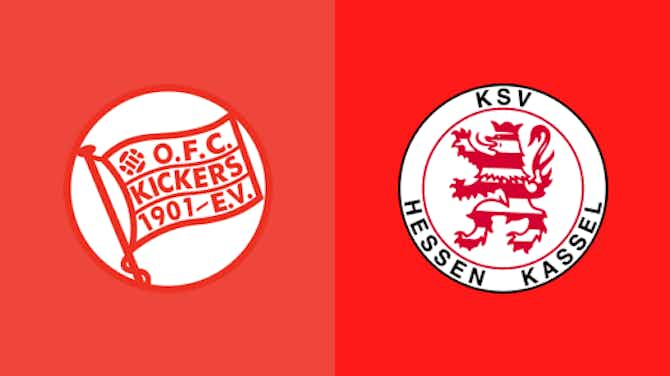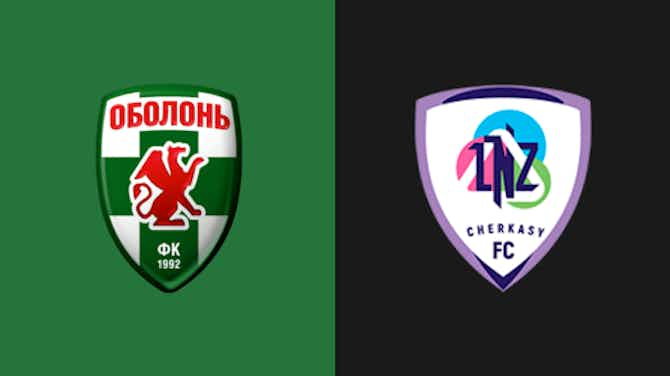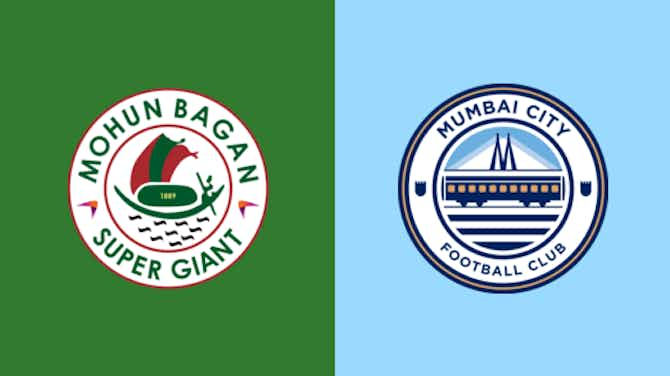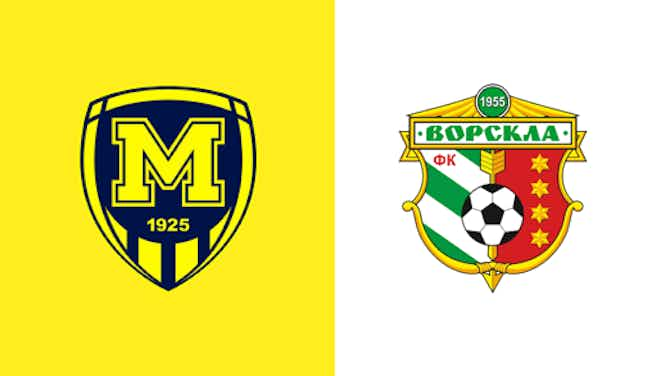OneFootball
Lewis Ambrose·13 June 2017
There's only one ... Mikel Arteta
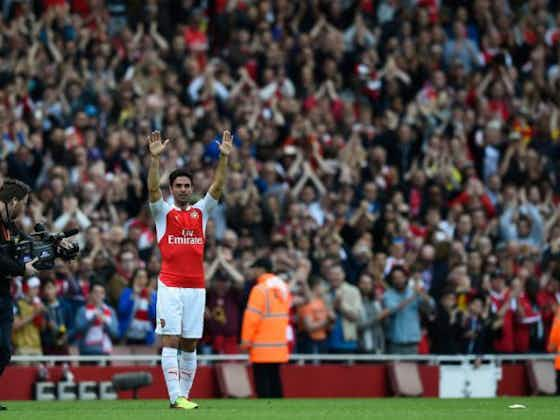
OneFootball
Lewis Ambrose·13 June 2017

Just days after Arsenal had lost 8-2 at Old Trafford in August 2011, a future club captain took a pay cut to force through a move to north London.
Or so the story goes. Mikel Arteta, you see, refuses to comment whenever that subject is brought up.
“That’s something I don’t like to speak about,” Arteta told the Independent, “but I can say that I made a big effort to come here.”
The Spaniard seemed to be a solid purchase. He was signed to make up for some of the talent lost by the departures of Samir Nasri and Cesc Fàbregas the same summer. A creative midfielder often used out wide, Arteta had impressed with Everton for years and I was looking forward to seeing him in the famous red and white.
That was until he played. A few games in and I felt myself wiping the egg from my face. The Spaniard was sloppy and he was really struggling to settle into a young and disorganised team.
This was the (and I know I’m lucky to admit it) worst and most splintered Arsenal side I had ever seen and Arteta – along with Per Mertesacker – was supposed to be a late buy to add experience and resilience when it was so desperately needed.
Gradually, as his first season wore on, he did exactly that. Alex Song’s forays forward became successful and, consequently, more regular. Dinked balls, usually for Robin van Persie, were Song’s new thing but that meant somebody had to start doing the dirty work at the base of the midfield.
Step backwards Mikel Arteta.
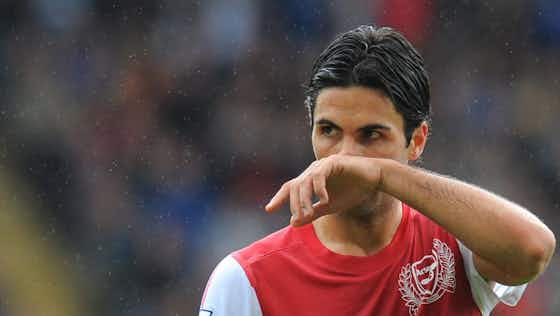
The man signed to replace Fàbregas slowly became Arsenal’s best holding midfielder since Gilberto Silva. With Van Persie up front, Arteta in the middle and Per Mertesacker at the back Arsenal had a spine again.
When they arrived, it later emerged, Arteta and Mertesacker pulled the club together, literally. They saw cliques in a fractured squad. One anecdote from that time says the two newcomers arrived and told the entire playing staff they couldn’t eat lunch on separate tables with separate languages anymore, physically dragging tables together as they looked to repair off-field issues so that the results could improve on the pitch.
To move into his new defensive midfield role, Arteta called upon what he had learnt during his time at La Masia, Barcelona’s youth academy. At the base of the midfield he could orchestrate the entire team, his passing good enough to speed up or slow down play as necessary.
After a few aimless months, the tempo of the game was suddenly in Arsenal’s hands again. Arteta was playing nearly 100 passes a game for the Gunners and completing over 90% of them. The best illustration of what Arteta gave Arsenal off the ball may be to look at what happened when he wasn’t on the pitch.
From January 2012 to May 2013, Arsenal won two of their nine league games without Arteta. Midfielders failed to cover for each other, gaps appeared and the results and performances were desperate. The team didn’t tick the same with the ball and it didn’t have the same sensibility or cynicism without it.
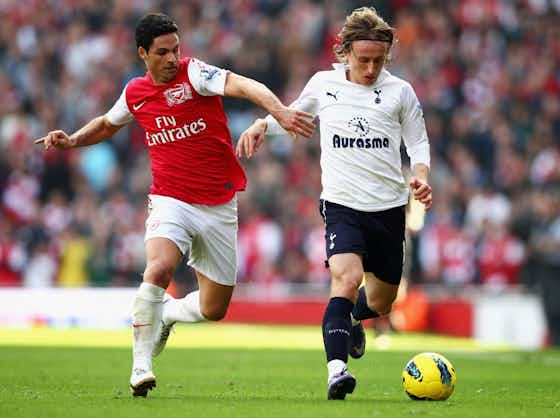
The Spaniard had game-management skills like no other Arsenal midfielder. He was the master of buying a foul, wasting a few seconds, making a tackle just too late and getting away with it. You hate it when it’s an opposition player but it endeared Arteta to me to no end.
From the 2011/12 season, Van Persie’s goals are remembered, so are Song’s assists, but none of them would’ve meant a thing without Arteta, a fact Van Persie was quick to acknowledge.
“Arteta is playing really well. He’s so intelligent. He knows when to go forward, he knows when to sit back,” the Dutch striker wrote in the club’s programme a few months after the midfielder arrived.
“Mikel can read the game perfectly, knows when to go forward, when to help his team out, or when to play others.”
Arteta finest performance may well have been in his first home north London derby. Two goals behind early on, Arteta set up Bacary Sagna’s goal to get Arsenal back in the game. He inspired the team to start a run which saw us turn around a 10 point deficit and finish above Spurs. What more do you need to love an Arsenal player?
Once more Van Persie was quick to heap praise on the midfielder. “I thought Mikel Arteta made a big difference – he worked hard, tackled well, really set the tempo and everyone else went along with it. Mikel started it all off, in my opinion, and I told him that afterwards.”
There were also memorable goals. A free-kick sealed the defeat of Aston Villa and a screamer beat Joe Hart to send the Emirates Stadium into a Poznan celebration as the Gunners saw off Manchester City.
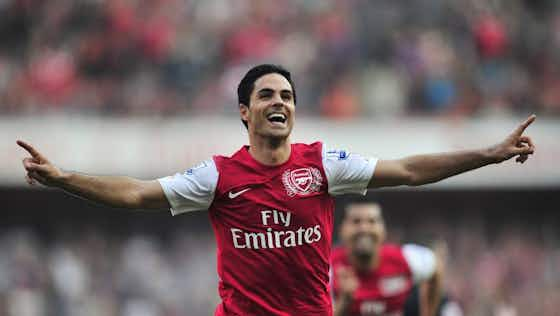
One memory that will never leave me is the final day of the 2012/13 season. Subbed early with an injury, Arteta spent the dying moments of the game orchestrating his team-mates from the touchline as they looked to cling on to Champions League football (and a place above Spurs) again.
For me, that day summed up his time at Arsenal: an incredibly committed individual and the best leader the team has had in a very long time, instructing them in their most desperate moment.
The 2013/14 season threatened to bring a title challenge before ultimately seeing Arsenal end their trophy drought with the FA Cup.
At 32, Arteta had played without a break for three seasons as the club relied on him. That season ended up breaking him – he never recovered physically and appearances over the following two years were seldom before he eventually retired.
However, Arteta held the team together at Wembley after Hull raced into a two-goal lead. He was calm, composed and unmoved as other lost their heads. The captain (on the day) kept things ticking, like always, to guide us to a much-needed cup victory.

After two injury-riddled years, Arteta’s last appearance in football arrived on the final day of the 2015/16 season. He scored moments after coming off the bench.
The perfect ending, and an emotional one, as Arteta began to cry at the final whistle.
I may have joined him.
Arsenal have had more decorated, more talented, more exciting players. They have had few as consistent, intelligent, and selfless.
Unheralded throughout his time at the Emirates Stadium, Arteta sacrificed his salary to keep my club in the Champions League. He sacrificed his body to end a trophy drought. He doesn’t receive credit for any of it.
Mikel Arteta is an unglamorous and unsung Arsenal legend.
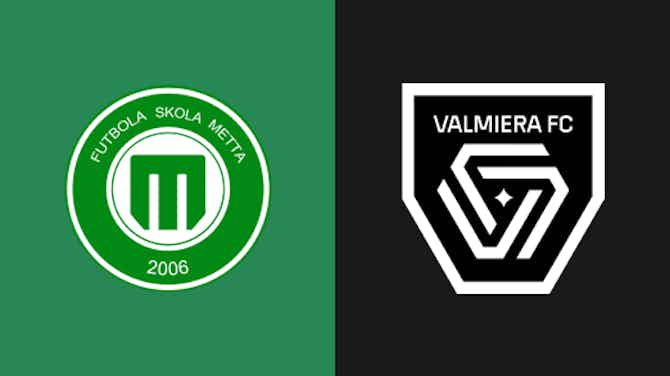

Live


